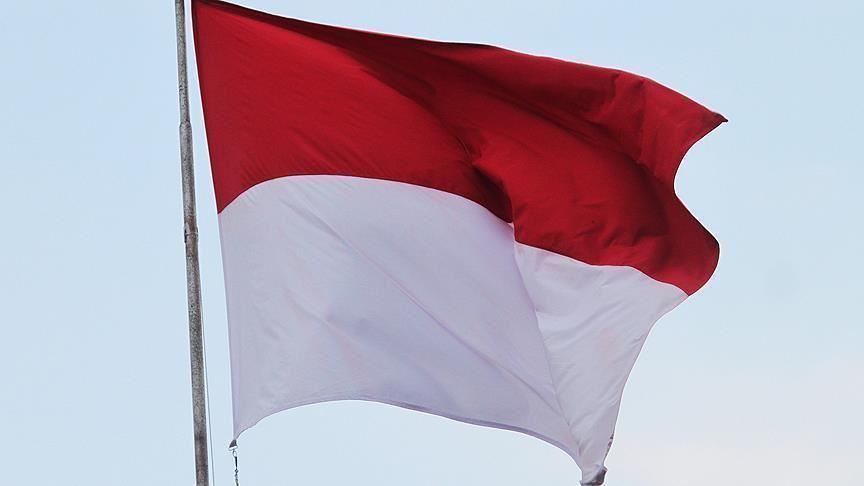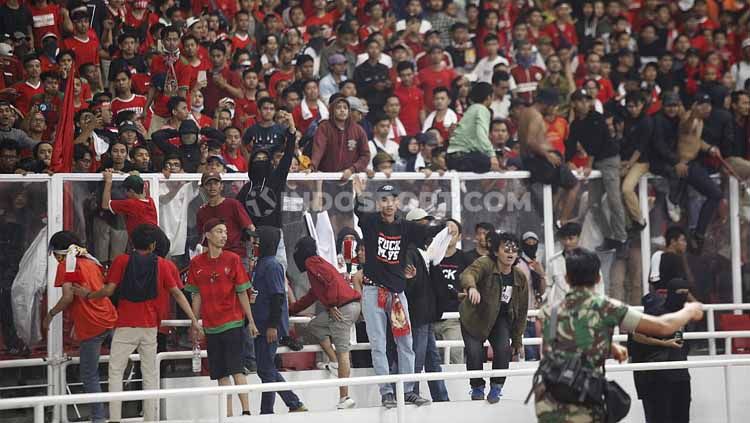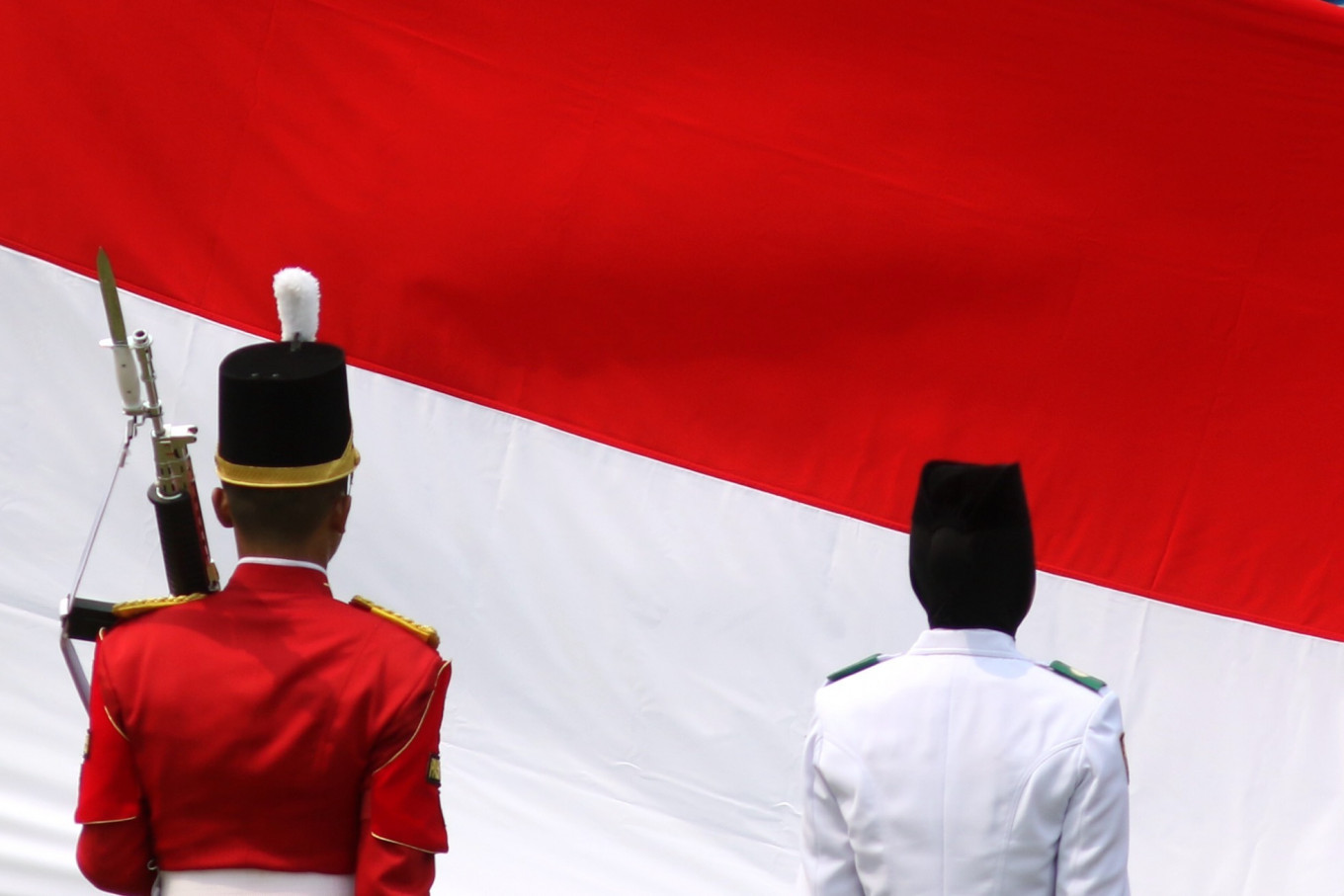
At least 13 people have been killed, including a military officer in Indonesia’s easternmost province Papua region that has been witnessing riots since Aug. 19.
The riots broke out following allegations of racist abuse and mistreatment of Papuan students in Java Island.
Home to the world’s largest gold mine, Papua is the western half of New Guinea Island, and includes the Indonesian provinces of Papua and West Papua.
The trigger came after a group of civilians and security forces rushed to a hostel housing Papuan students, following reports that the Indonesian flag has been defiled in Surabaya, the second largest city of Indonesia. The incident was reported on Aug. 16-17, when the country was marking its 74th Independence Day.
A video soon became viral, where some civilians and security personnel were shown taunting Papuan students. Police fired tear gas shells near the hostel. After a night long siege, they detained students but packed them to their homes without filing any case, as police could not find enough evidence to book them in the case related to desecration of the national flag.
The news of arrest and racist slurs, however, spread like wildfire, with people in Papua taking to streets. The government responded by a clamp down on internet and social media access to prevent spread of rumors.
"We will reopen the internet [access] once conditions turn conducive" said Wiranto, a minister responsible for law and security, who goes by only one name.
Protests led to riots
The protests which started to condemn racist slur, soon turned violent, damaging public facilities, torching buildings including the parliament building.
Police said at least three people have been killed during riots in Deiyai district of Papua province.
Deputy Regent of Deiyai Hengky Pigai, however, claims that eight civilians were killed. It is believed that 13 people have so far lost their lives since the outbreak of violence on Aug. 19.
The government has deployed additional police squads and armed troops to maintain security in the region. National Police Spokesman Muhammad Iqbal said 6,000 additional troops had been sent to Papua.
Police has arrested two civilians, allegedly involved in racial abuses. A security force personnel has also been suspended.
The government has blamed foreigners, saying they were exploiting the situation and taking advantage of tensions.
Director of Legal Aid Institute for Papua, Emanuel Gobay criticized Indonesian government for sending large number of troops to control riots.
He said the presence of troops was intimidating and making people uncomfortable.
"There is need to solve problems in Papua, instead of just deploying troops. People wanted to express their resentment against discriminatory treatment. Recent events in Papua are reflection of accumulated grievances,” he said.
Gobay believed that indigenous Papuans have been marginalized in their own land. Also the Papuans want to reopen the political status of the region.
The former Dutch colony declared its independence in the early 1960s, but it was incorporated into Indonesia, following the UN-backed referendum. The region enjoys a special autonomous status under Indonesian constitution.
Calls for referendum
Protesters, who took to streets in Surabaya also included activists from Papuan pro-independence organizations like the United Liberation Movement for West Papua and the West Papua National Committee. These organizations have been questioning validity of the UN-backed referendum. They are demanding the conduct of referendum a fresh to determine will of the people.
While protesting in front of the Merdeka Palace -- the presidential office and residence -- they were holding the Morning Star flag -- symbol of Papuan independence. Police swooped on protesters and arrested six activists and students, who had organized the protest.
Indonesia declared independence from the Netherlands in 1945. When it was formally recognized as a sovereign state in 1949, the western half of New Guinea was not incorporated into the Republic of Indonesia.
Dutch troops remained stationed in Papua until 1962.
After New York Agreement, signed by Indonesia and Dutch colony in 1962, the UN took over the administration of Papua under the UN Temporary Executive Authority (UNTEA) until people of Papua are ready to vote, on whether they want to become independent or part of Indonesia.
The referendum which took place in 1969, however, did not involve direct voting by the population. Instead members of consultative assemblies numbering 1,026 voted, who favored accession of territory with Indonesia.
Many Papuans, who are ethnic Melanesians, distinct from Indonesians, did not accept outcome of the referendum. They called it an “act of no choice” as they believed it didn’t represent the 800,000 people of Papua.
The accounts of alleged human rights abuses by the security forces and concerns that the region’s mineral and forest wealth has largely benefited Indonesians outside Papua, is further fueling tension in the region.
Despite abundant natural resources, Papua and West Papua provinces have large populations living in poverty, as compared to rest of country.
According to Indonesia’s statistics agency, nearly 20% people in the region are poor, compared to the national average of 9.4 %.






![On Saturday, Iranian officials are expected to announce details of the third round of cuts in nuclear commitments under the JCPOA [Mehdi Ghasemi/ISNA/Reuters]](https://www.aljazeera.com/mritems/imagecache/mbdxxlarge/mritems/Images/2019/9/5/df9b4b9426ea4061818d7fcfdc012f24_18.jpg)


